Which one of the following queries is faster (LIKE vs CONTAINS)?
SELECT * FROM table WHERE Column LIKE '%test%';
or
SELECT * FROM table WHERE Contains(Column, "test");
Which one of the following queries is faster (LIKE vs CONTAINS)?
SELECT * FROM table WHERE Column LIKE '%test%';
or
SELECT * FROM table WHERE Contains(Column, "test");
The second (assuming you means CONTAINS, and actually put it in a valid query) should be faster, because it can use some form of index (in this case, a full text index). Of course, this form of query is only available if the column is in a full text index. If it isn't, then only the first form is available.
The first query, using LIKE, will be unable to use an index, since it starts with a wildcard, so will always require a full table scan.
The CONTAINS query should be:
SELECT * FROM table WHERE CONTAINS(Column, 'test');
Having run both queries on a SQL Server 2012 instance, I can confirm the first query was fastest in my case.
The query with the LIKE keyword showed a clustered index scan.
The CONTAINS also had a clustered index scan with additional operators for the full text match and a merge join.

I think that CONTAINS took longer and used Merge because you had a dash("-") in your query adventure-works.com.
The dash is a break word so the CONTAINS searched the full-text index for adventure and than it searched for works.com and merged the results.
Also try changing from this:
SELECT * FROM table WHERE Contains(Column, "test") > 0;
To this:
SELECT * FROM table WHERE Contains(Column, '"*test*"') > 0;
The former will find records with values like "this is a test" and "a test-case is the plan".
The latter will also find records with values like "i am testing this" and "this is the greatest".
I didn't understand actually what is going on with "Contains" keyword. I set a full text index on a column. I run some queries on the table. Like returns 450.518 rows but contains not and like's result is correct
SELECT COL FROM TBL WHERE COL LIKE '%41%' --450.518 rows
SELECT COL FROM TBL WHERE CONTAINS(COL,N'41') ---40 rows
SELECT COL FROM TBL WHERE CONTAINS(COL,N'"*41*"') -- 220.364 rows